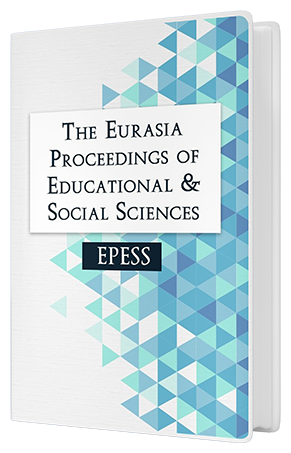The Effectiveness of Metacognitive Prompts on a Genetics Test among High School Students in Kenya
Keywords:
Metacognitive prompts, Self-efficacy, Genetics, TestingAbstract
This study investigated the effectiveness of using metacognitive prompts in improving scores on a genetics test among high school students in Western Kenya. The study, a post-test only control group quasi-experimental design involving 2x2x3 factorial matrix also investigated the interacting effects of metacognitive prompting and self-efficacy beliefs while controlling for gender. A total of 2,139 form four (grade 12) students from intact classes participated in the study that was carried out in 17 high schools. Three validated instruments: Metacognitive Prompting Questionnaire (MPG), Self-efficacy Questionnaire (SEQ) and Genetics Test (GT) were used for data collection. Data were analysed both descriptively (means and standard deviation) and inferentially through a 2x2x3 Analysis of Covariance (ANCOVA). Findings showed that testing method(Metacognitive prompting Versus Conventional) and self-efficacy beliefs had statistically significant main effects on students genetics test score (F(1,2132) = 4.568, p = 0.033) and (F (1,2132) = 963.740, p < 0.001) respectively. This implied that use of metacognitive prompts had superior effects to conventional method of testing. It also implied that students who are highly efficacious do better on tests than students with low self-efficacy. There were no significant 2-way and 3-way interaction effects of variables on genetics test score. These findings have implications for Biology teachers who are implored to adopt the use of metacognitive prompts during testing and to promote self-efficacy beliefs among students.Downloads
Published
Issue
Section
License
Copyright (c) 2018 The Eurasia Proceedings of Educational and Social Sciences

This work is licensed under a Creative Commons Attribution-NonCommercial-ShareAlike 4.0 International License.
The articles may be used for research, teaching, and private study purposes. Any substantial or systematic reproduction, redistribution, reselling, loan, sub-licensing, systematic supply, or distribution in any form to anyone is expressly forbidden. Authors alone are responsible for the contents of their articles. The journal owns the copyright of the articles. The publisher shall not be liable for any loss, actions, claims, proceedings, demand, or costs or damages whatsoever or howsoever caused arising directly or indirectly in connection with or arising out of the use of the research material. All authors are requested to disclose any actual or potential conflict of interest including any financial, personal or other relationships with other people or organizations regarding the submitted work.




